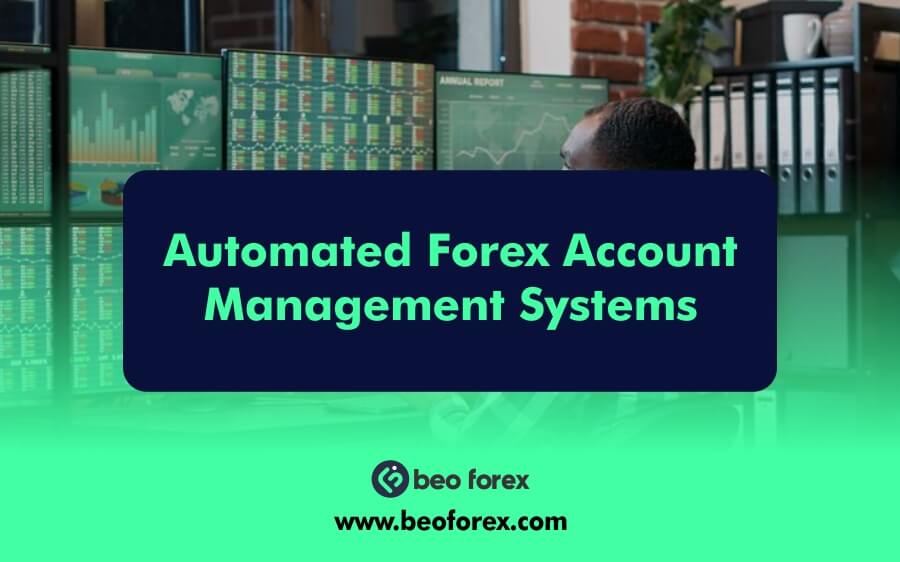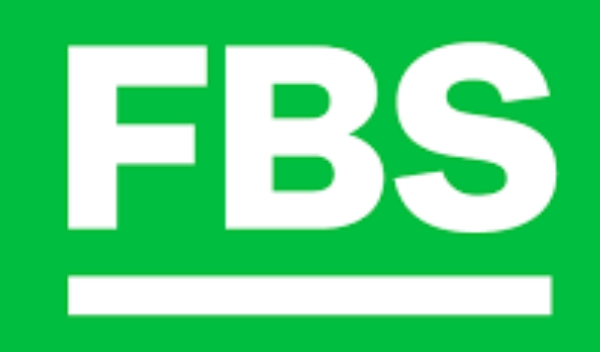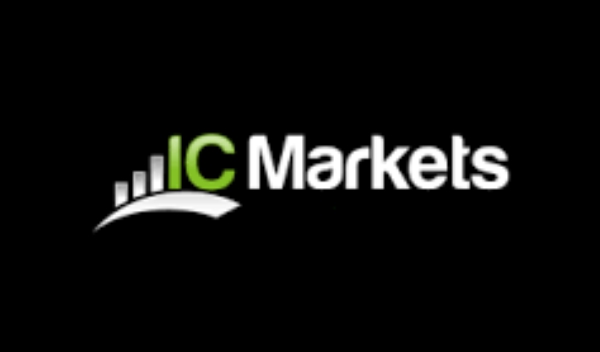Automated Forex account management systems have grown in popularity as a result of technological advancements since they make trading easier and more profitable. Over the past decades, the Forex market has experienced exponential growth, drawing a wide range of traders from beginners to seasoned investors. A common question among traders is: Can you trust automatic forex account management systems? The nature of automated Forex account management systems, their benefits, drawbacks, and important aspects to take into account while assessing their reliability are all covered in this article.
Understanding Automated Forex Account Management Systems
Expert advisors (EAs), often known as trading robots or automated Forex account management systems, are computer programs that are intended to conduct trades on a user’s behalf using pre-established algorithms and strategies. Without the need for human participation, these systems evaluate market data, spot trading opportunities, and carry out deals. Users may easily automate their trading techniques using them because they can be integrated with a variety of trading platforms.
How Do They Operate?
- Algorithmic Trading: Most automated systems utilize complex algorithms that examine past data and market trends to estimate potential price movements. Frequently, technical indications, trends, and other market data serve as the foundation for these algorithms.
- Trade Execution: The system automatically executes buy or sell orders in accordance with the pre-established parameters as soon as a trading opportunity is detected. Given how quickly Forex markets may move, this speed can be very important.
- Risk management: To safeguard money and control exposure, many automated systems include risk management features like take-profit and stop-loss orders.
Benefits Of Automated Forex Account Management Systems
A number of benefits that automated Forex account management systems offer may entice traders:
1. Trading without emotion
Eliminating emotional bias is one of the main advantages of adopting automated systems. Human traders frequently act rashly out of fear or greed, which can result in large losses. In order to preserve discipline, automated systems only use data and predetermined criteria to conduct transactions.
2. Constantly Watching the Market
Since the Forex market is open 24/7, it might be difficult for individual traders to keep an eye on it. In order to make sure that no opportunities are lost, automated systems can continuously monitor market circumstances and place trades even when the trader is not accessible.
3. The Ability to Backtest
Users can use previous data to backtest their methods using many automated systems. With the use of this function, traders can assess the performance of their methods without having to risk real money, which aids in decision-making.
4. Reliability and Quickness
Large volumes of data can be analyzed by automated algorithms, which can also complete trades in a split second. Better trading outcomes may derive from this consistency and speed, particularly in markets that move quickly.
Drawbacks and Hazards Associated With Automated Forex Account Management Systems
Automated Forex account management systems provide benefits, but they can also have dangers and drawbacks.
1. Excessive Focus on Optimization
Curve fitting, or over-optimization, is a common mistake made by automated systems. Traders can attain seemingly flawless outcomes by modifying parameters by referencing past data. These criteria might, however, underperform in actual market circumstances, resulting in unanticipated losses.
2. The Volatility of the Market
Automated systems may encounter difficulties in times of extreme market volatility or unanticipated developments. Significant geopolitical or economic pronouncements, for instance, may cause abrupt price changes that the system’s algorithms may not have anticipated.
3. Reliance on Technology
Automated trading systems are reliant on technology, which means they can be prone to software errors, network challenges, or system breakdowns. Any interruption may lead to trades that aren’t completed or missed chances.
4. Absence of Human Emotion
Automation reduces human judgment and intuition in addition to emotional biases. Certain market conditions could call for a sophisticated comprehension that automated systems are unable to duplicate. For example, algorithms might not fully capture the sentiment of the market, which is frequently impacted by news and events.
Assessing Credibility
Is it still possible to trust automated Forex account management systems in light of the advantages and disadvantages? When assessing their credibility, keep the following important things in mind:
1. Citation and Evaluations
Make sure you do your homework before deciding to implement an automated system. Check for user comments, endorsements, and reviews. Reputable systems are frequently well-known online and discussed in communities and forums for Forex trading.
2. Openness of the Supplier
Clear details regarding an automated trading system’s algorithms, tactics, and performance should be provided by a reliable source. Providers who are evasive or secretive about the operation of their systems should be avoided. Openness promotes trust and aids in decision-making for users.
3. Adherence to Regulations
Make sure a reliable, regulated broker is in charge of the automated trading system. Regulatory supervision guarantees that the system complies with industry standards and adds an extra degree of protection.
4. Measures of Performance
Analyze the automated system’s performance metrics, such as win rates, drawdowns, and historical returns. Though consistent outcomes over time can be a solid indicator of reliability, keep in mind that past performance does not guarantee future results.
5. Features of Risk Management
Evaluate the automated system’s capacity to control risks. To safeguard your money and control exposure, features like drawdown limits, position sizing, and stop-loss orders are crucial.
6. Money-Back Promises and Trial Times
A lot of reliable automatic trading systems include money-back guarantees or trial periods. This gives customers the chance to try the system without having to make a large financial investment, giving them the chance to assess how well it performs in actual market situations.
Summary
Automated Forex account management systems present traders with the possibility of increased productivity, self-control, and access to possibilities that could prove difficult to handle manually. Nonetheless, a number of criteria, such as these systems’ reputation, openness, regulatory compliance, and performance metrics, must be carefully taken into account before placing your trust in them.
Automation can improve trading, but it’s not a perfect answer. Traders should maintain a degree of scepticism and actively monitor their funds, especially when employing automated systems. Trading automated systems along with constant learning and market knowledge helps traders make better decisions when navigating the Forex environment.
Ultimately, research is essential even if a lot of automated Forex account management systems might be reliable and helpful. You can make well-informed judgments that result in profitable trading outcomes by taking the time to assess various strategies, understanding their advantages and disadvantages, and matching them with your trading objectives.
Frequently Asked Questions
1. What is an automated Forex accounts management system?
- Alternatively referred to as an expert advisor (EA) or trading robot, an automated Forex account management system (AFAMS) is a software that makes trades on your behalf using pre-established algorithms and methods. It does this by evaluating market data and spotting trading opportunities without the need for human participation.
2. How do Forex automated systems operate?
- These systems evaluate current and historical market data using algorithms. The system automatically places trades and sets your preferred stop-loss and take-profit orders when specified conditions are satisfied.
3. How might employing an automated system benefit you?
- Benefits include the ability to backtest, emotion-free trading, fast and reliable transaction execution, and ongoing market monitoring.
4. What dangers might automated trading systems pose?
- Risks include reliance on technology (possibility of software faults or connectivity issues), curve fitting (over-optimization), difficulties during periods of extreme volatility, and lack of human judgement for complex market situations.
5. Can I rely on automated methods to manage my Forex accounts?
- A number of variables influence reliability, such as the system’s standing, the provider’s transparency, regulatory compliance, performance indicators, and risk management capabilities.
6. How can I assess an automated trading system’s reputation?
- Examine evaluations, testimonies, and conversations in online forums for forex trading. Positive user reviews and a robust web presence are indicators of a highly valued system.
























